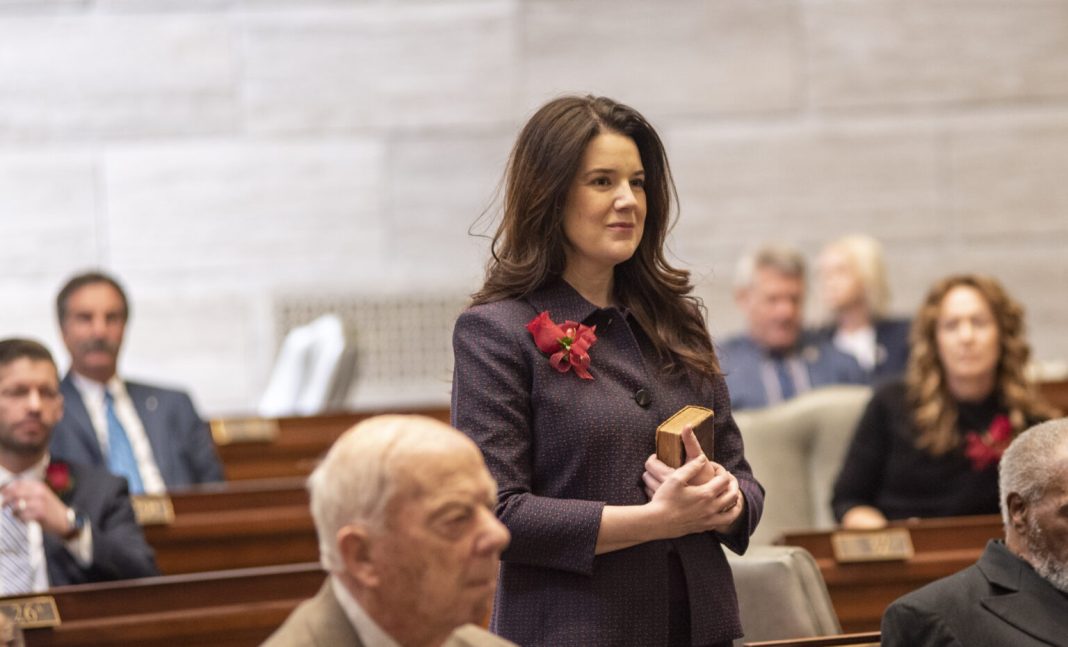 The Justice Department’s prosecution of Google in Washington reached its closing arguments on May 2 and 3. The case, which began three years ago, accuses Google of holding an illegal and monopolistic edge in the market for search ads. During the arguments, attorneys debated whether Google’s actions constituted sound business decisions or unfair monopolistic practices.
The Justice Department’s prosecution of Google in Washington reached its closing arguments on May 2 and 3. The case, which began three years ago, accuses Google of holding an illegal and monopolistic edge in the market for search ads. During the arguments, attorneys debated whether Google’s actions constituted sound business decisions or unfair monopolistic practices.
DOJ prosecutor David Dahlquist argued that Google hiked prices to drive revenue, even at the expense of declining quality. He claimed that only a monopolist could make money while making their product worse. On the other hand, Google’s attorney, John Schmidtlein, emphasized that the tech giant was constantly innovating to improve quality and compete with other platforms like Meta and TikTok.
One of the key points of contention in the case was whether social media platforms could serve as suitable alternatives to Google for advertisers. Judge Amit Mehta questioned the comparability of searches on social media to those on search engines like Google. It was argued that while platforms like Bing may serve as substitutes, they do not provide the same volume of searches as Google.
The debate also revolved around market definitions and whether Google faced substantial market pressure in selling ads on its search engine. The DOJ argued that advertisers chose Google because they had no viable alternatives. Both Judge Mehta and Mr. Dahlquist referred to the U.S. Microsoft precedent, highlighting that innovation alone didn’t prove that companies weren’t acting as monopolists. The key question was whether competition could constrain prices in a given market.
Interestingly, Microsoft recently testified in another lawsuit against Google, criticizing the agreements Google secures with companies like Apple to promote their search engine. Microsoft CEO Satya Nadella expressed concerns about Google’s dominance and suggested that publishers and platforms may start signing exclusive deals that only allow Google to use their data.
Google defended itself by claiming that its actions were sound business decisions and that other search engines failed due to inferior quality. During the arguments, Google’s attorney framed the company’s price increases as a result of heightened quality. However, the DOJ argued that Google engaged in practices like squashing, which lowered the quality of its auctions for advertisers while raising prices.
The DOJ has accused Google of violating the Sherman Act by monopolizing the markets for search advertising and general search text advertising. The case revolves around Google’s exclusionary agreements with manufacturers and carriers, which allegedly foreclosed competition for internet search. One of the main allegations is that Google dominates the search engine market by setting itself as the default search engine on devices, thereby securing its position and sharing ad revenue with the companies involved.
The outcome of this case holds significant importance for the future of antitrust laws in the 21st century. It has been described as the most important antitrust trial of this century. Judge Mehta’s ruling could impact search engine competition and potentially set a precedent for other tech giants facing similar legal challenges. With a market cap of $1.7 trillion, Google controls over 90% of the U.S. search engine market, while Microsoft-owned Bing holds a mere 3.23% market share.
In conclusion, the DOJ’s case against Google raises crucial questions about monopolistic practices and competition in the digital market. The arguments presented by both sides highlight the complexities of defining markets and determining whether Google’s actions were within legal boundaries. The ruling in this case could have far-reaching implications for the tech industry and shape the future of antitrust regulations.


